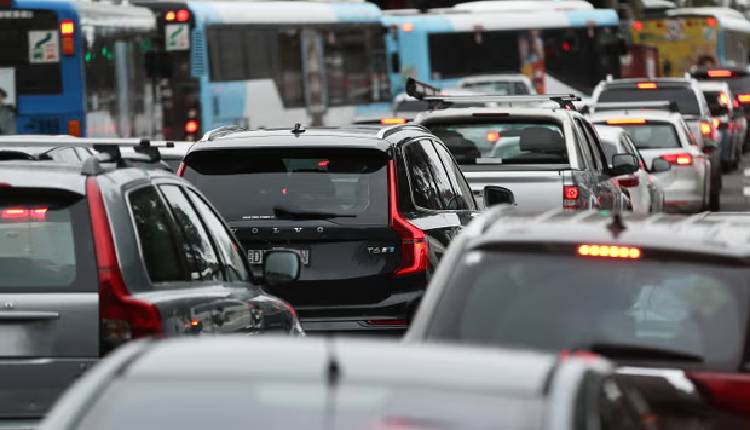Australia announced on Tuesday a relaxation of proposed carbon emission rules for popular pick-up trucks, a move driven by auto lobby that raised concerns about potential price increases and reduced consumer options, according to Reuters.
The proposed vehicle efficiency standards would penalise automakers importing high-emission models and reward those importing cleaner vehicles.
However, this led to a split within the Federal Chamber of Automotive Industries (FCAI), with EV makers Tesla and Polestar leaving the group earlier this month in protest against the campaign for stricter emission standards.
Australian energy Minister Chris Bowen stated that certain popular pick-up trucks, known locally as “utes” and commonly used by builders and farmers, would now be classified as light commercial vehicles, exempting them from stringent fuel economy rules.
This easing of rules follows a similar move by the United States last week, where the Biden administration reduced its target for US electric vehicle adoption from 67 per cent by 2032 to 35 per cent following industry and autoworker backlash.
The FCAI had previously criticised the Australian government for attempting to impose “extremely aggressive targets and severe penalties to be effective on very short notice.”
Australia, alongside Russia, is the only developed country not to have or be developing fuel efficiency standards. The Anthony Albanese-led government has been seeking to implement stricter emission rules since taking office in 2022.
The emissions scheme, set to start on January 1, 2025, will hold off on penalties until July, with the government planning to present the legislation in parliament this Wednesday.
